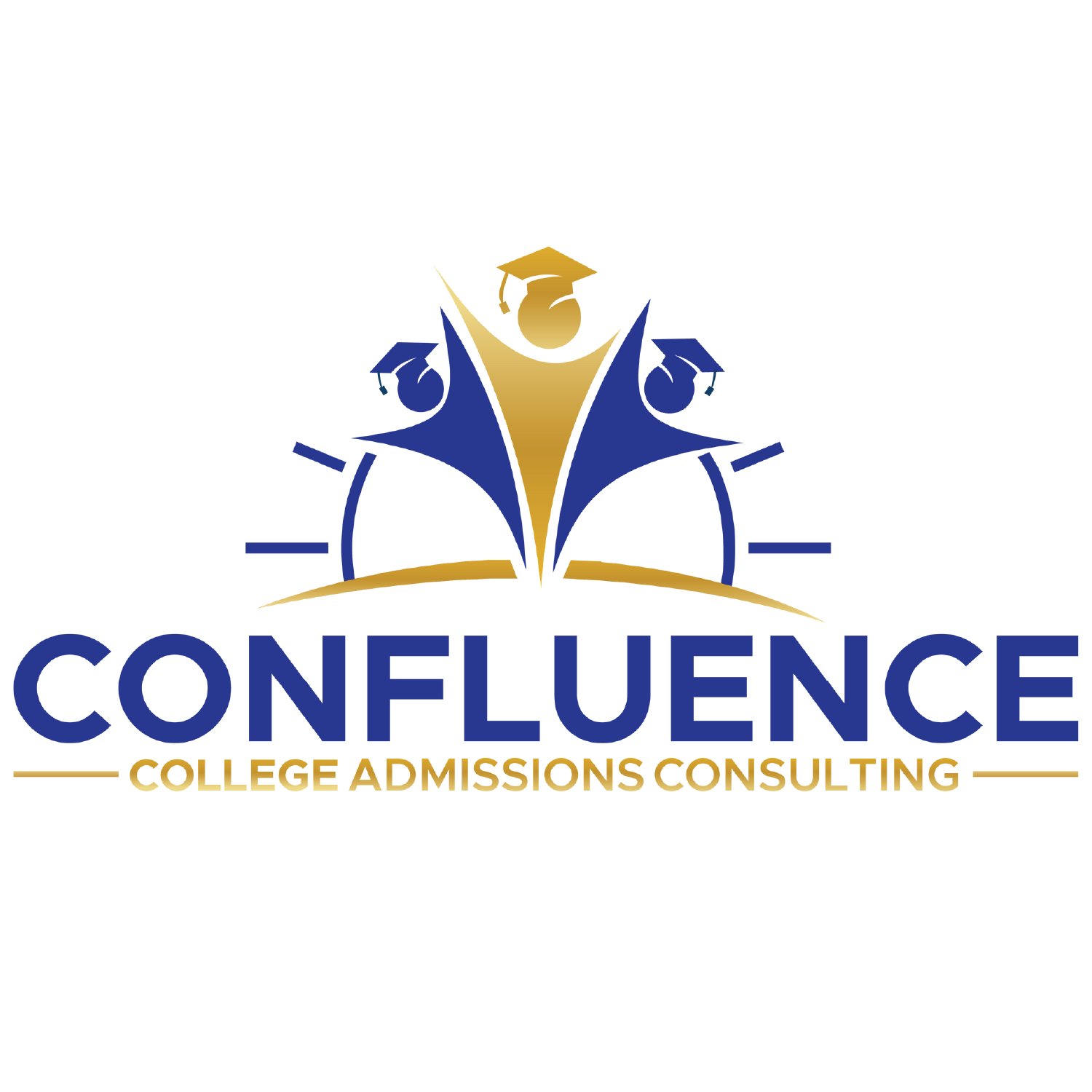Dismantling myths about college admissions
Because of the line of work I’m in, I see a lot of ads on social media for college admissions coaches. These ads include tag lines such as “Create differentiated essays that get you accepted at elite schools like Harvard and Yale,” or “98% acceptance rate into top 100 colleges.” The price tag for working with these consulting firms can run upwards of $100,000 for one of their comprehensive packages. (For consulting firms who work with students on college applications starting as early as seventh grade and focusing exclusively on admission to an elite university, the cost can be $750,000 to over $1 million.)
Companies that emphasize their successes getting students accepted at elite universities aren’t necessarily fudging their numbers or operating in an unethical manner (as we saw in the 2019 Varsity Blues scandal). I trust that the numbers are accurate. Certainly “creating differentiated essays”—one of the key services I provide at Confluence College Admissions Consulting—can and does make a difference in the college application process.
Nevertheless, these ads promote some false impressions that I’d like to dismantle here. First, despite what these ads imply, an exceptional “differentiated essay” alone will not get you into Harvard or Yale. If your high school GPA is below 3.7, 96% of Harvard’s incoming freshman class will have a higher GPA than you. If your combined SAT score is below 1480, 75% of incoming freshman among those submitting scores will have a higher test score. A great essay will enhance an already strong application, but it won’t by itself guarantee admission to any college.
Second, if clients of a particular IEC or consulting firm have a “98% acceptance rate into top 100 colleges,” it’s a virtual certainty that they turn away prospective clients who don’t have strong high school grades, test scores, and/or some exceptional skill or achievement that will be attractive to college admissions committees. I ask about these things during an initial consultation, but I won’t turn you away as a client unless your expectations are wildly out of alignment with what seems possible.
Third, and most important, these ads insinuate that Ivy League universities and “top 100 colleges” are more desirable destinations than other colleges, universities, and other post-secondary opportunities. I strenuously disagree with this notion. There are so many great colleges out there. Even students who are well qualified to attend a “top 100 college” aren’t necessarily best served by attending one. They might be better served by attending a school where they’re offered a full-ride scholarship, where they can study with world-renowned experts in international agribusiness, or where they can take a six-week block to learn advanced mountaineering skills in the Grand Tetons. I encourage my clients to take rankings developed by the likes of U.S. News and World Report and Princeton Review with a grain of salt. There are many intangible qualities that these rankings do not take into account.
For a fraction of the cost of working with one of these agencies, I direct my expertise toward getting to know my clients as human beings, helping them find colleges that are the right fit for their aptitudes and aspirations, developing a strategy for applying to those schools, coaching them through their personal statements and supplemental essays, and finally, making sure they have a realistic plan for paying for college.
If you’d like to learn more about the college admissions process and my services, use the contact form on my website to schedule a free one-hour consultation (or send an email, or give me a call). I look forward to working with you!
